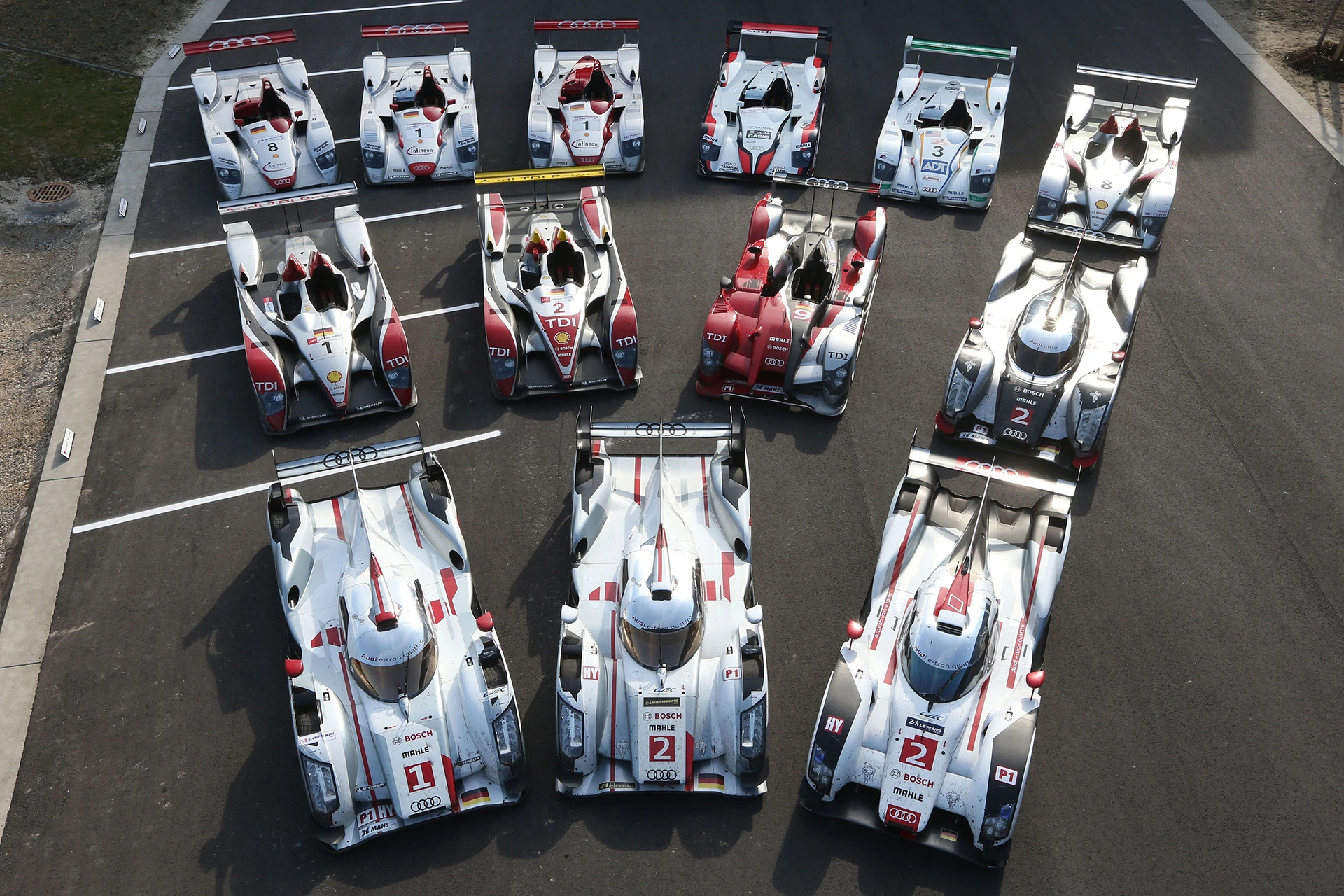Le Mans Yesterday and Today: Audi
24 August 2024 4 min read 5 images

Photo credit: Audi
Audi is the second most successful manufacturer at the 24 Hours of Le Mans, with a record of 13 wins in 18 races from 1999 to 2016, during which it established itself as a premium brand in the market. The Le Mans operation proved successful for Audi in every aspect: showcasing and enhancing its technologies and powerfully communicating its image of excellence and quality.
Register to unlock this article
Signing up is free and gives you access to hundreds of articles and additional benefits. See what’s included in your free membership. See what's included in your free membership.
Already have an account? Log In


